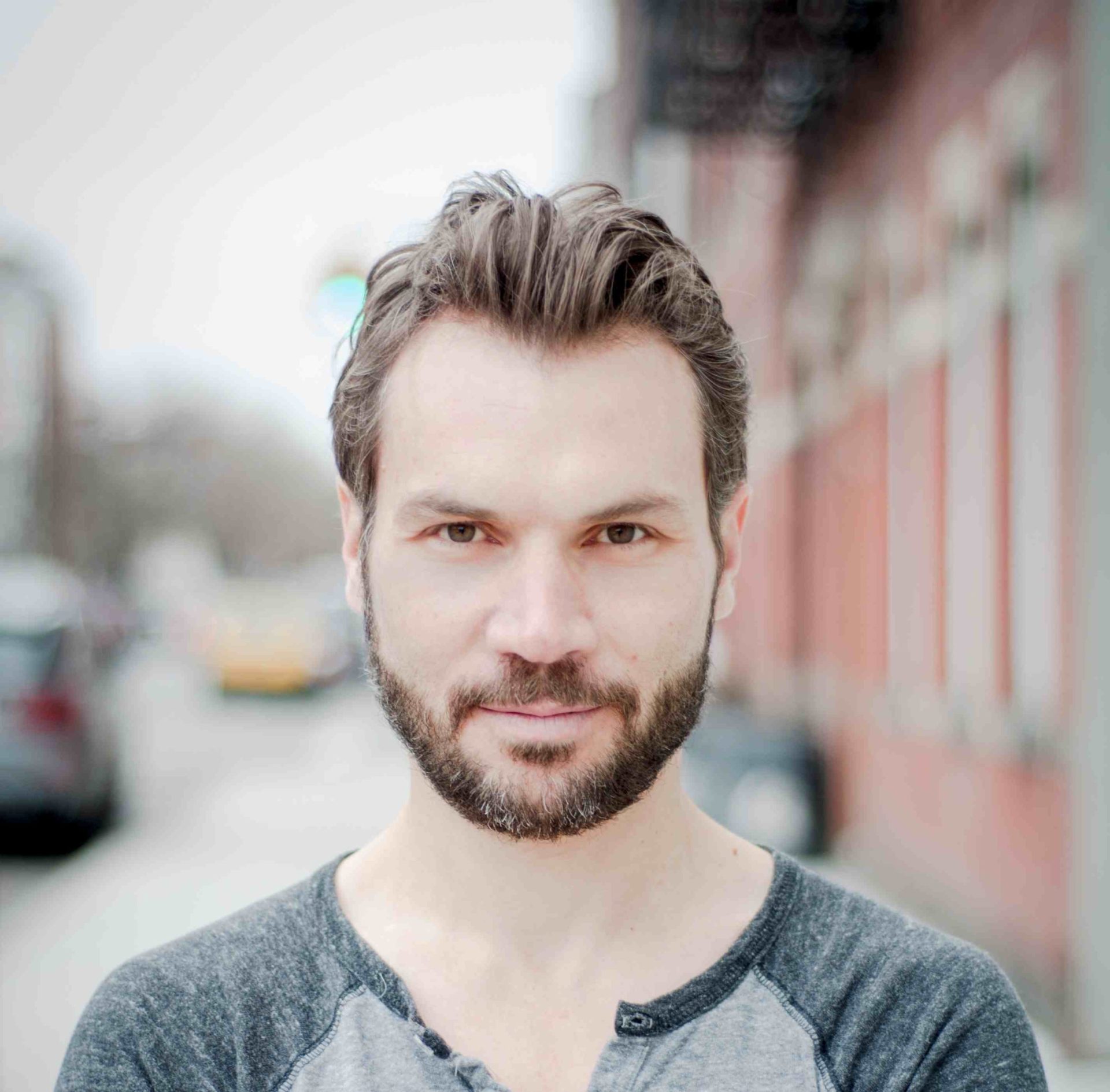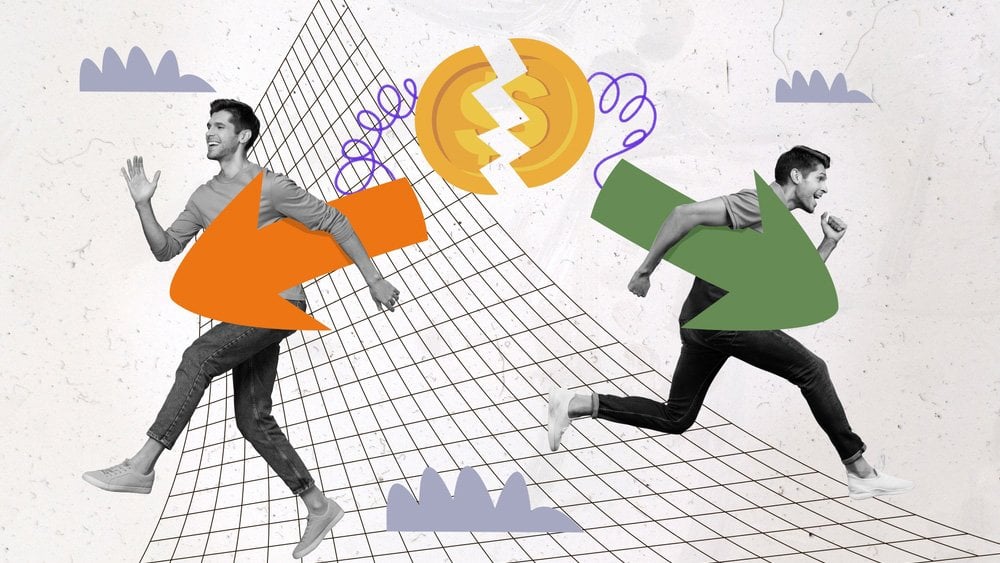Jeff Stewart believes he can figure out if you will repay your debts by studying who you know and what they say about you. For him, it’s better than a credit score. Stewart is CEO and co-founder of Lenddo, which gives small loans to borrowers in developing countries based on information it gleans from their accounts on Facebook and other social networks.

Stewart was running two earlier companies when he and his New York-based partners noticed something odd: their hardworking and educated employees in other parts of the world were often unable to secure loans. Why, he wondered, would local lenders ignore such eligible, middle-class consumers in emerging economies? Finding out proved an irresistible challenge. Stewart and his colleagues became obsessed with the lending industry, and their research led them to the pioneering microfinance work of Nobel Peace Prize winner Muhammad Yunus, whose Grameen Bank impacted millions of lives with loans based on a system of community referral and peer enforcement.
“We spent about a year interviewing microfinance professionals to really understand what is it about the social dynamics of microfinance that causes everyone to repay,” says Stewart. “It turns out that your friends know your character, and when you involve the community in the underwriting process … they make really good decisions about who should have access to financial services.” This matters most in economies with few existing mechanisms and systems. “There are markets where there’s not a lot of transaction information you can tap into,” Stewart explains. “We found that who you associate with is a huge predictor of repayment, of your financial health. With a good team of data scientists and customers’ consent to share that information, we can administer credit and get people access to capital.”
Their idea for Lenddo was to translate a common public health hypothesis—that you make important health decisions based on the behavior of your friends—to make financial health predictions. If your friends take up smoking, you’re more likely to do so too, and if your friends gain weight, likewise.

Launched in 2011, the company’s micro loans are now helping middle-class people in the Phillipines, Mexico, and Colombia pay for college, healthcare, home repairs after natural disasters, and even smartphones. Unlike traditional microfinancing operations that serve the poorest populations, Lenddo gets access to a huge customer base with enormous borrowing–and repayment—capacity by focusing on middle-class borrowers. Its typical customers are educated participants in the global economy: call-center workers, architects, accountants, and knowledge workers who are comfortable using computers and engage regularly with social networks.
“As good as microfinance is for the bottom of the pyramid, when you bring it to the middle class and you move it online, all the costs disappear,” Stewart says. The global explosion in mobile devices use means Lenddo customers can easily engage large social networks to prove their identity and trustworthiness. And data-collecting smartphones reduce the administrative costs of making loans to people in remote communities. “Five years from now, people aren’t going to say, ‘Hey, where’s my bank branch?’” Stewart predicts. “They’re going to say, ‘I want all my financial services delivered through the phone, and I want it to be social.’” Stewart adds that while Lenddo’s technology is applicable domestically, the company is exclusively focused on emerging markets, with no plans to enter the U.S. market.
When Stewart and and his co-founder Richard Eldridge first explained Lenddo’s business to seasoned financial professionals, they got some surprising feedback. “Yes, this is how lending has worked for hundreds of years,” they said. Even J.P. Morgan once said that “the character of the man” trumped loan-to-asset and loan-to-income ratios for estimating creditworthiness. Today, banks rely more on financial calculations and transaction analyses, but Lenddo is bringing back character-based lending by taking a strong Facebook network as the 21st century version of a sterling reputation. And while platforms like Klout measure subjective influence, which can be useful in marketing, Stewart believes Lenddo’s reputation measurement offers a quantitative solution to a specific problem.
Lenddo does more than look at social data, however. It aims to build relationships and understand borrowers’ goals, and provides information to help customers make good decisions. “The best customers are ones who have thought through the process,” Stewart says. “How are they going to repay? Is this really life-improving? Is this an investment in themselves and the family? Or is it just consumption?”
Stewart says a typical Lenddo loan is equivalent to a borrower’s month’s income—about $450 on average. Mexico is the company’s fastest-growing market, primarily for education loans. Lenddo also helped many Filipino families rebuild their homes after last year’s devastating typhoon, and it aims to help customers replace high-interest debt with new low-cost loans.
Presently, Lenddo’s own regulated lending entities administer all its loans. Ultimately, Stewart hopes customers will be able to access Lenddo’s specialized financial services from a range of institutions and lenders. Of course, as companies like Lenddo succeed in removing bureaucracy from lending, removing banks could be next. Peer-to-peer social lending is an obvious next step. For now, Stewart says Lenddo aims to accomplish its goals “without peer-sourcing the capital.” But he sees radical change ahead: “Consumer finance is a huge piece of the global economy and we should expect lots of innovation.”
Lenddo’s Borrowers in Mexico and The Philippines Get Credit Via Facebook
Jeff Stewart believes he can figure out if you will repay your debts by studying who you know and what they say about you. For him, it's better than a credit score. Stewart is CEO and co-founder of Lenddo, which gives small loans to borrowers in developing countries based on information it gleans from their accounts on Facebook and other social networks. Stewart was running two earlier companies when he and his New York-based partners noticed something odd: their hardworking and educated employees in other parts of the world were often unable to secure loans. Why, he wondered, would local lenders ignore such eligible, middle-class consumers in emerging economies? Finding out proved an irresistible challenge.
















